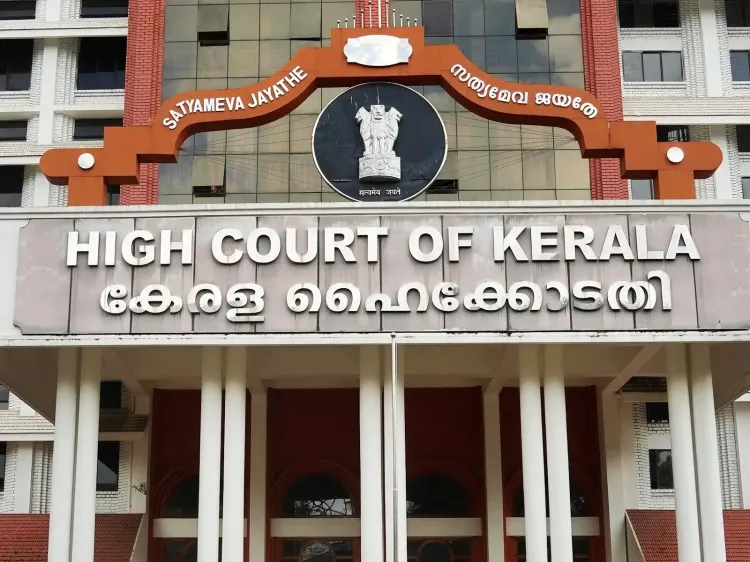Why Did Kerala HC Close St. Rita’s School Petition Over Headscarf Issue?

Synopsis
Key Takeaways
- The Kerala High Court ruled in favor of parental rights regarding school dress codes.
- The case was closed following the student's transfer to another institution.
- The ruling highlights the need for balance between institutional rules and cultural expression.
- Community and constitutional principles were emphasized in the court's decision.
- The school challenged the directive based on jurisdictional grounds.
Kochi, Oct 24 (NationPress) The Kerala High Court has officially closed a writ petition from St. Rita’s Public School challenging a directive from the Deputy Director of Education, Ernakulam, which mandated that the school permit a student to attend classes wearing a headscarf.
This development comes after the student's parents opted to withdraw her from the school and enroll her in a different institution that accommodates her choice to wear a hijab.
In his ruling, Justice V.G. Arun remarked, “Following extensive deliberation, it is reassuring to hear that the parents of the 7th respondent have chosen to discontinue her education at the petitioner’s institution and enroll her elsewhere. Given this resolution, I believe there is no need to delve into the contentious matters raised in this case.”
The State Attorney also indicated that, in light of this new development, the state has opted not to escalate the situation. The court expressed satisfaction that a sense of reason has prevailed and highlighted that the spirit of fraternity—one of the core principles of our Constitution—remains intact. Thus, the writ petition is closed.”
Previously, St. Rita’s Public School, which is affiliated with the Central Board of Secondary Education and managed by a minority community, sought legal protection citing threats and disturbances from individuals of another minority community after they prohibited the student from wearing a hijab with her school uniform.
Consequently, the Deputy Director of Education had issued an order instructing the school to allow the student to attend classes in her headscarf.
The school contested this order, arguing that state education officials lack jurisdiction over the internal policies of institutions affiliated with the Central Board of Secondary Education.
With the parents' decision to transfer the student, the court found it unnecessary to address the legal and administrative questions raised in the petition.










